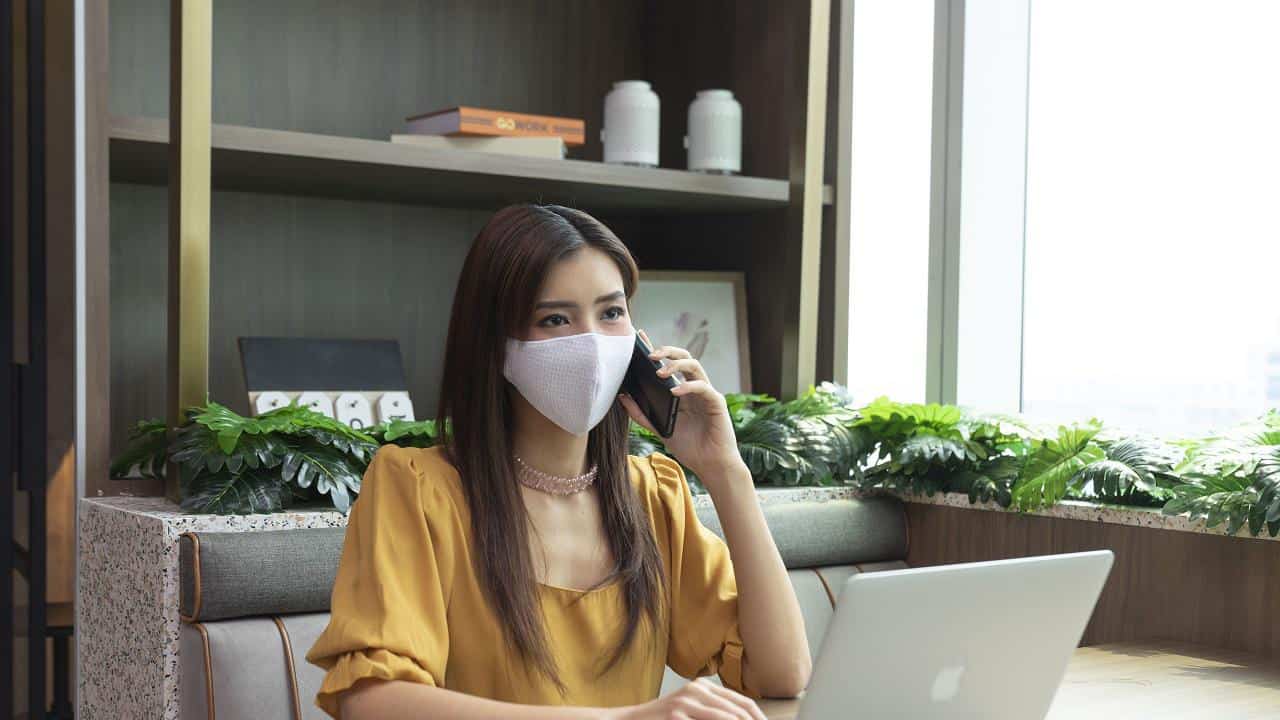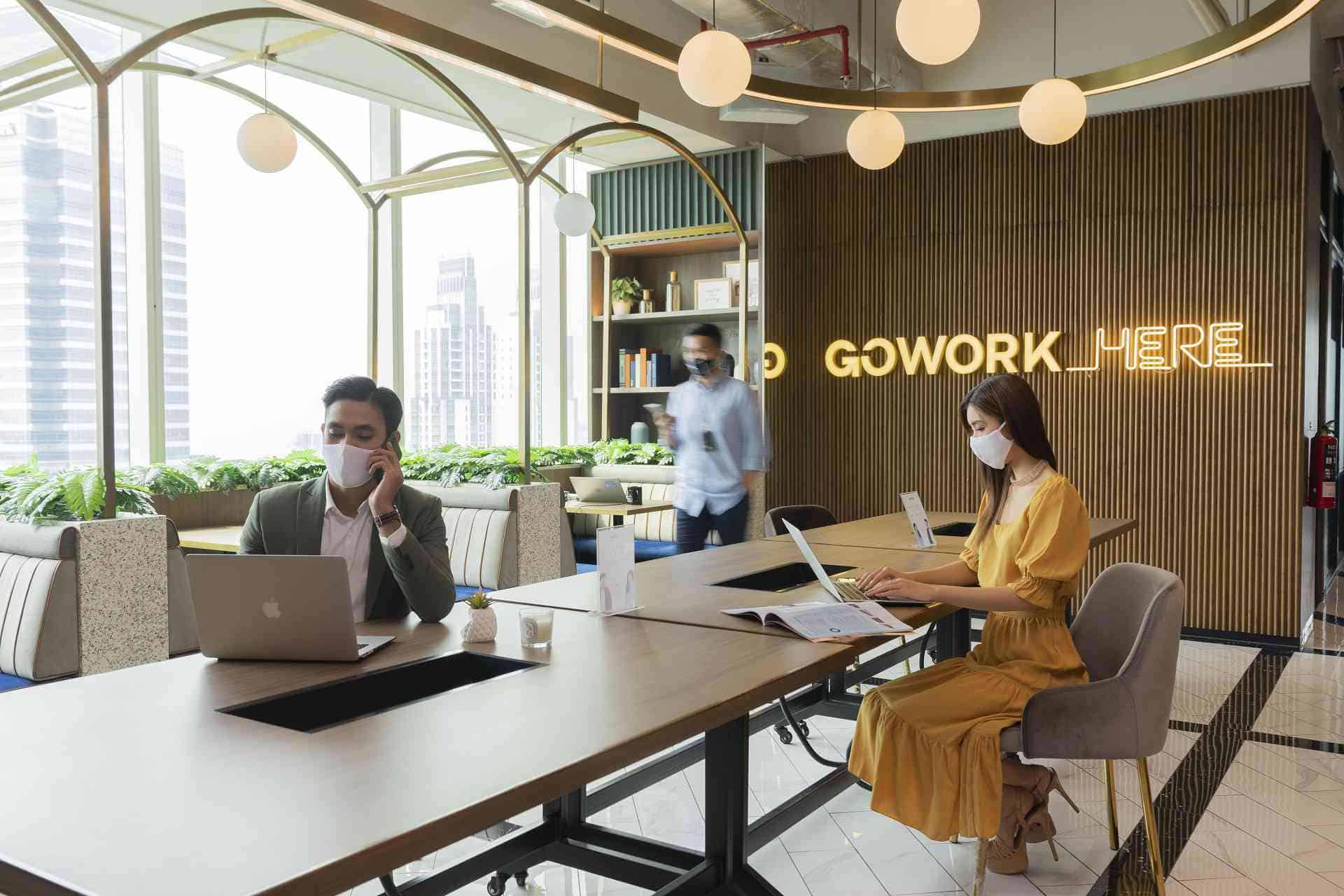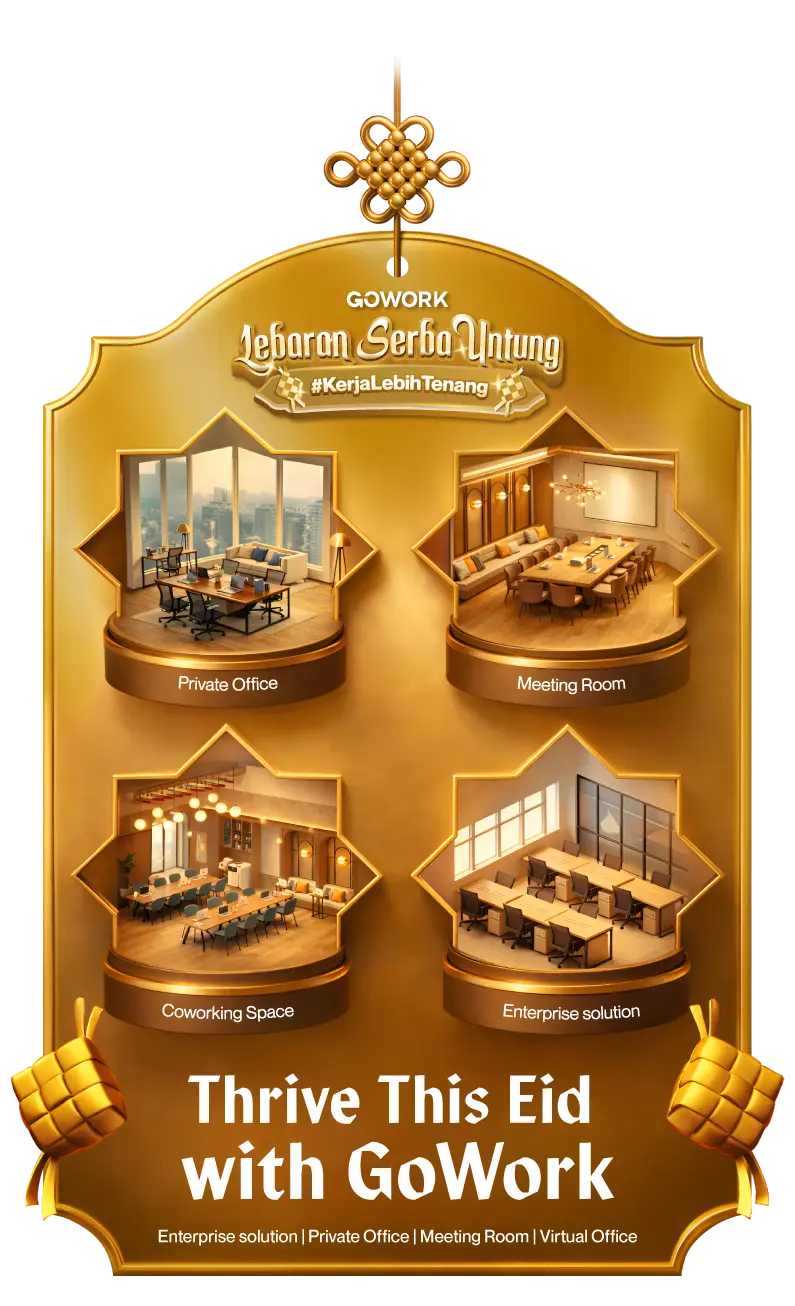Zoom Fatigue: What comes after video-chatting?
September 23, 2020

A generation of workforce ago, people herald the coming of email and Skype calls as a welcome alternative to huddling in a meeting room every few days for business associates and team members from different cities. They mused if video conferencing is this wondrous innovation that’ll enhance human connection through seamless, almost an instantaneous form of digital conversations between each other.
However, here we are, in 2020, getting entirely exhausted of online meetings. The Pandemic forced us to work from the (arguable) comforts of our own homes. With each day passing, the novelty of a virtual work environment is slowly diminishing. “Zoom Fatigue”, as most called it, named after the eponymous online video-chatting and conferencing platform that’s currently being used widely by companies and individuals alike.
Zoom itself is becoming a household verb. Online calls? Zoom it. It’s joined “flatten the curve” and “Cupid-19” in the line of the pandemic Lexicon. Now that we’re done being excited for Zooming it twice a day, people are getting tired. Though, how did people get tired over such an overwhelming amount of convenience? It’s always the little things.
Why do we get Zoom Fatigue?
The reason why we find online calls is so draining lies in many different places. In everyday communications, especially in meetings, we rely on social cues to keep us engaged and connected to our colleagues. When you put a digital barrier between yourself and the rest of the team, that’s when things get mixed up, even if your laptop’s displaying an ultra-HD video of your teammate’s familiar face.
One of the smaller things that we’ve noticed is that eye contact through video-chat is a little off. It’s not too far that you notice that participants are not looking at you, but not too close not to notice it, either. It sits right in the niche where it could get really unsettling and artificial. See, since they’re not looking straight at the camera. It could get jarring for us, who’s relied on subtle social cues such as this to make sure that your partner is still engaged in the conversation. This is also unfamiliar to us, as we don’t usually look into our conversational partners’ faces throughout the entire conversation or discussion. Engaging in this constant gaze is unfamiliar to introverts as much as it is to extroverts.
On the other hand, there’s another reason that’s hard to miss. In fact, in most of the calls, we constantly look at the small window that shows our faces. Alternating between focusing on whoever’s speaking and examining every single part of our faces becomes a mental gymnastics that we unconsciously do as the video-chat continues on.
What comes next
Is video-chat the final destination in the development of seamless long-distance communication? Far from it. What’s currently happening with the increasing trend of remote working provides a perfect set of conditions that makes us examine the possibilities that video-chatting holds.
What comes after Zoom Fatigue is Zoom Acquiesence, says Recode. Video-chatting is here to stay. Sure, people will tune out, and opt to return to phone calls and email from time to time, but in the end, they do not provide the amount of social interaction that video-chatting does. Phone calls may be more efficient and effective, but advances in human development will have teams use video-chatting more.
The shift won’t be seamless. Infrastructure, both physical and digital will need to be set up. Better internet connections must be available for everyone if companies want to avoid meetings with 7 HD Janes and 3 Pixel Joes. Ping times will need to be shortened so no one’d would speak over each other thinking that the last second was an awkward silence.
Video-chatting is still the future for this generation of workforce. Much better video-chatting platforms are on the way. Startup companies like Mmhmm and Macro are building platforms that offer more than just seamless discussion, but also an exhaustive collection of masks and virtual backgrounds, along with a FaceRig-style virtual surrogate of ourselves. The future is truly the here.

Looking for a more inspiring work environment?
GoWork provides a modern, professional setting with everything you need to succeed!
Related Articles

Time-Blocking: Next Level Daily Planning for Personal Productivity
November 3, 2020
Ever felt like your schedule is taking control of you instead of the other way around? In a modern...

Decentralize Your Office Effectively: This is How
April 8, 2021
What is the future for the office space that has been radically affected by extended periods of te...
